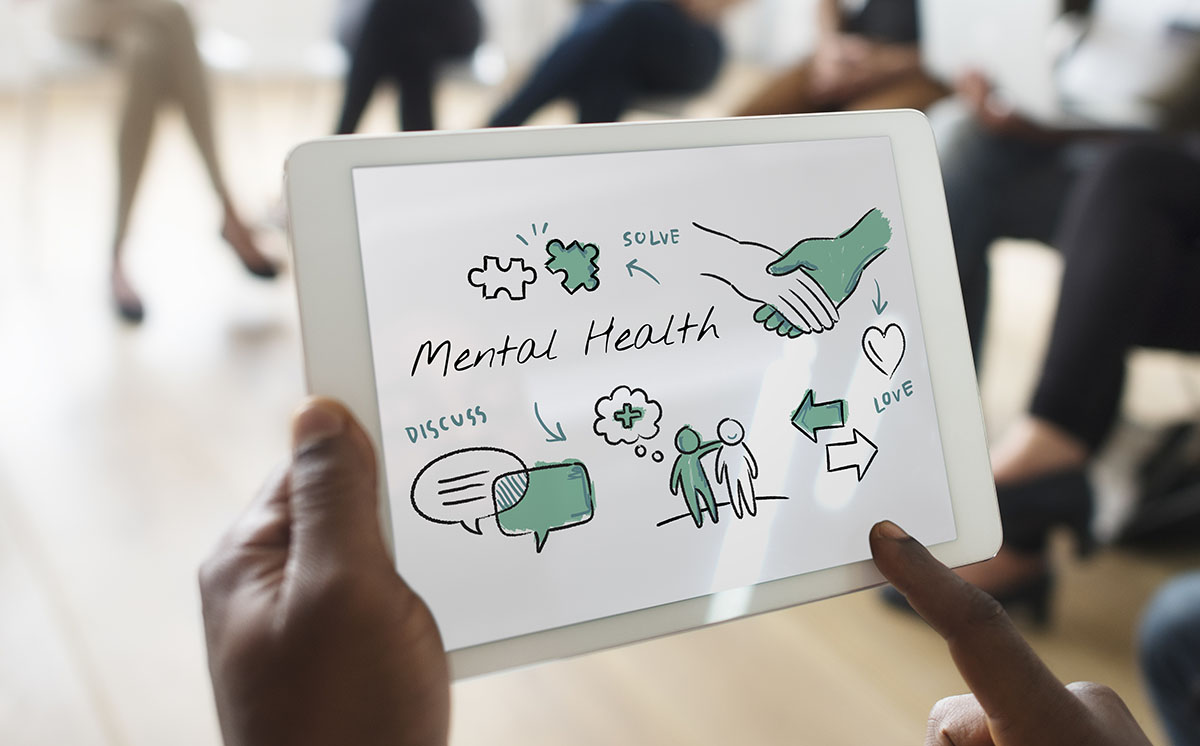
Photo Credit: Freepik.com
Mental Health Awareness
Did you know how important movement is? In today’s world, most of us are living a sedentary lifestyle. With movement comes better sleep, our immunity is boosted, heart function improves, it builds our confidence and most of all our mental health is regulated.
It is important for us not just to be physically energetic but also to make sure we are mentally alert and active.
May is the month to celebrate Mental Health Awareness. The theme this year is, “Movement: Moving for our mental health”.
Let’s talk about how movement enhances mental health
This Mental Health Awareness Week (13th May to 19th May), let us find moments for movement in our daily habits. Go for a walk in your neighbourhood, put on your favourite music and dance around the living room, exercise when you’re watching television sitting on your chair or sofa, don’t just move your fingers but move as you scroll through your phone – keep moving!
Moving more can increase our energy, reduce stress and anxiety, improve mood, reduce cholesterol and improve heart health, and reduce tiredness which may help improve mental alertness, and boost our self-esteem.
Set simple achievable goals. Go out to a park nearby, just move out to get your groceries instead of ordering online, visit your bank or meet up with a friend. Try something new. Go to a nearby pool and take a dip. Even while you laze around in bed, stretch your legs move them up and down, and keep them in motion like one would cycle. Stretch your hands, move your arms, and turn them around. Put on some music, dance to the tune, shake your body to be fit.
How does movement help my mental health?
Movement causes our brain to release ‘feel good’ chemicals like endorphins and serotonin that help improve our mood. It also improves our fitness, which can help lift our mood. Doing physical activity can also distract us from negative thought patterns.
What is my responsibility towards mental health?
- Raise awareness and reduce the stigma.
- Attend workshops or organise one.
- Advocate for Mental Wellbeing.
- Prioritize self-care.
- Practice gratitude.
- Family members can play an important role by providing the required support, sensitivity, encouragement, security, love and care.
- Be aware of a variety of services, such as counselling, therapy, and psychiatric care, do not hesitate to reach out for help.
By:
Kashmira A. Kakalia
(Special Educator)
Mental Health Practitioner who works closely with children, young adults and senior citizens.
Kashmira Kakalia’s Full Profile
Talk to her on: kashmirakakalia@gmail.com
